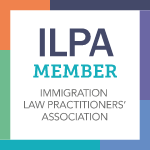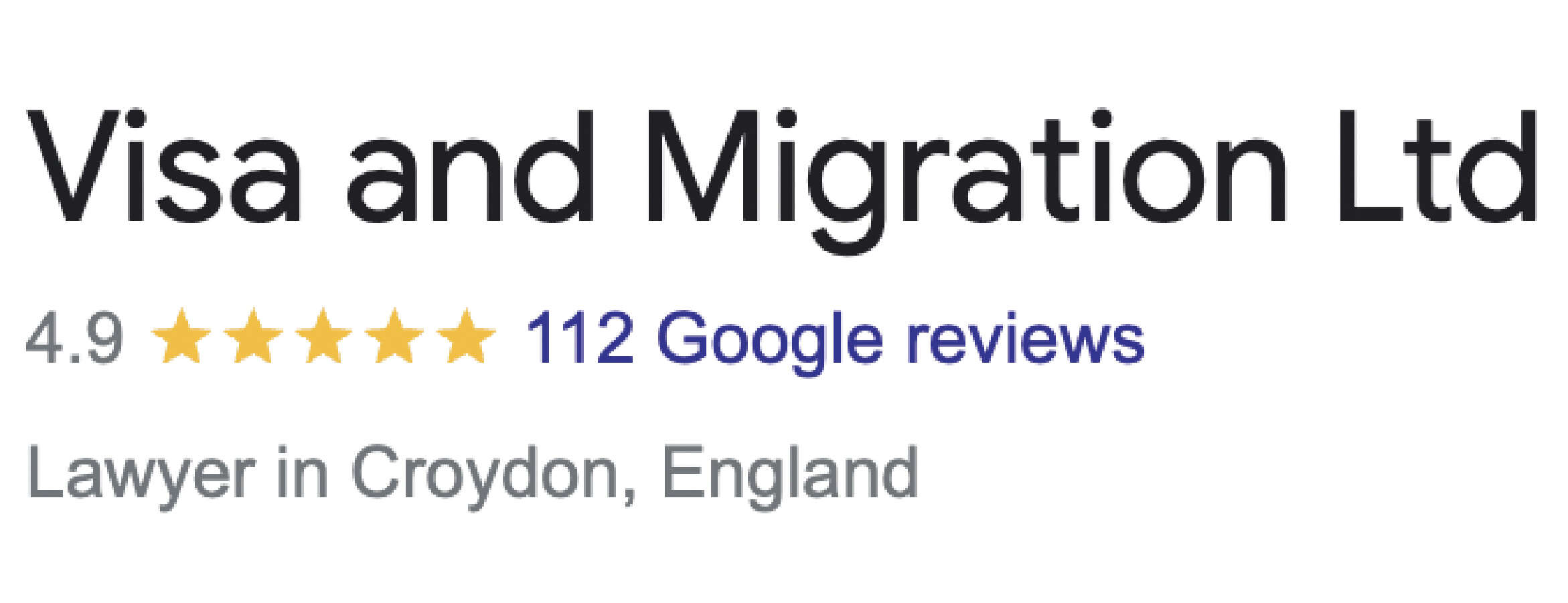HM Forces stand for Her Majesty’s Forces and also known as British Armed forces. HM forces consist of the Royal Navy, the British Army, and the Royal Air Force. They are responsible for the defense of the UK, its overseas territories and the Crown dependencies and they include standing forces, regular reserves, volunteer reserves, and sponsored reserves.
UK Armed forces exempt from immigration control
Serving members of HM armed forces are free from restrictions arising by the UK immigration laws. They can seek to get enlisted with the appropriate department of HM Armed Forces, and once enlisted they are entitled to get their passport stamped accordingly to confirm their freedom from immigration restrictions whilst they are serving.
Certain members of the armed forces only while they are serving are exempted from the immigration control under section 8(4) of the immigration act 1971. So, the following individuals are regarded as exempt from control.
- A member of the HM forces subject to service law (Royal Navy, British Army or Royal Air Force); or
- A member of a Commonwealth force or a force raised under the law of an associated state, colony, protectorate or protected state who is undergoing or due to undergo training in the UK with anybody, contingent or detachment of the home forces including NATO forces; or
- One who is serving or posted for service in the UK as a member of a visiting force including NATO forces; or
- One who is posted for service as a member of an international headquarters or defense organization.
Dependents of HM forces are not exempt from the immigration control
There are specific provisions for the dependents of members of the armed forces within the immigration rules. So these provisions don’t exempt dependents of the members of HM forces from immigration control; however, there are specific provisions for the dependents of military personnel of NATO and Commonwealth countries (or those who also qualify under section 8(4) of the Immigration Act 1971) posted for service in the UK. They are exempt from the requirement to provide biometrics. But dependents of armed forces that are not exempt from immigration control and who are coming to the UK for training are also not exempt from immigration control.
A member of the HM armed forces while is serving in the UK and while they remain exempt from immigration control can apply for their spouses/civil partners and children to travel to the UK.
Applying for ILR after discharged from HM armed forces
Till the time someone is serving in HM armed forces in the UK, he is exempt from immigration control. However, once their period of enlistment, service, or training is over, they will cease to be exempt from immigration control. After their term is over they either need to leave or apply to regularize their stay in the UK. Now, if they wish to continue to stay in the UK they can apply for indefinite leave to remain.
If the applicant meets the following conditions, he may be granted the ILR:
- He has completed at least 4 years’ service with HM Armed Forces;
- He has been medically discharged from the HM Forces;
- He was discharged from HM Armed Forces on completion of engagement;
- He was not discharged more than 2 years before the date of application; and
- He holds a valid entry clearance to the UK in that capacity.
If you are looking to apply for Indefinite Leave to Remain on the basis of being discharged from the HM Forces, contact Visa and Migration Ltd on 02034111261
...





